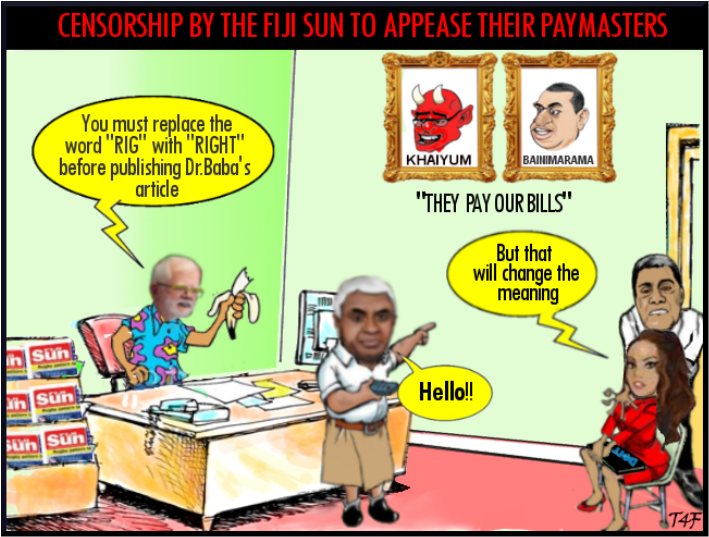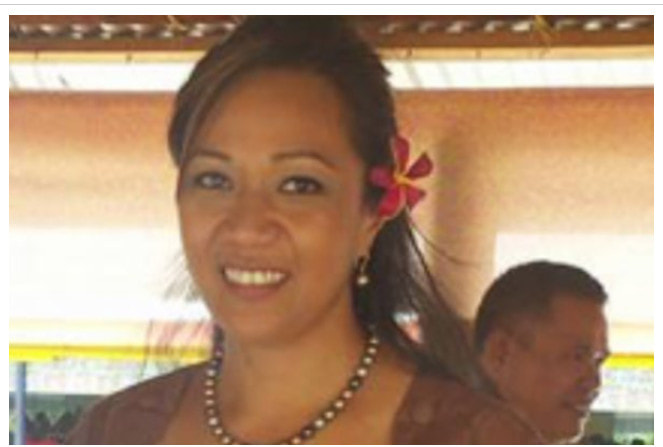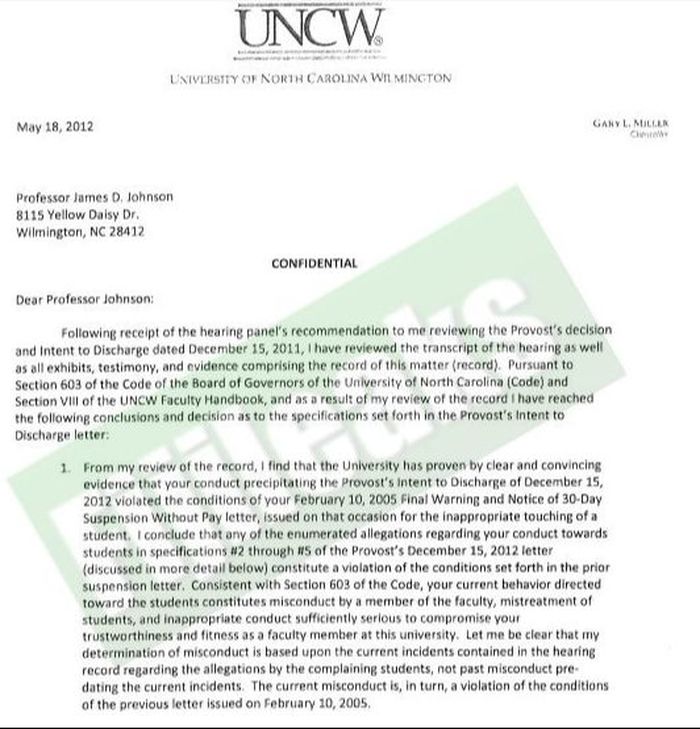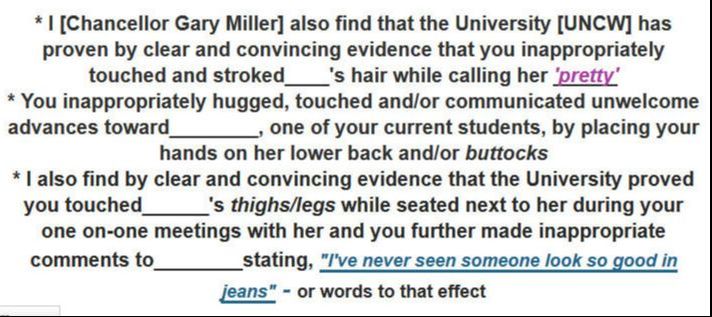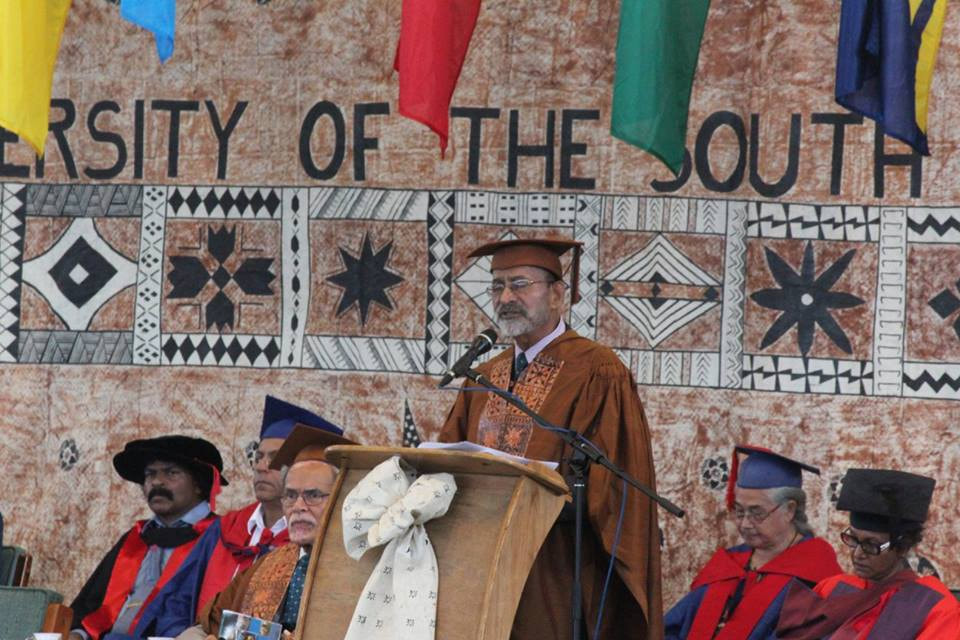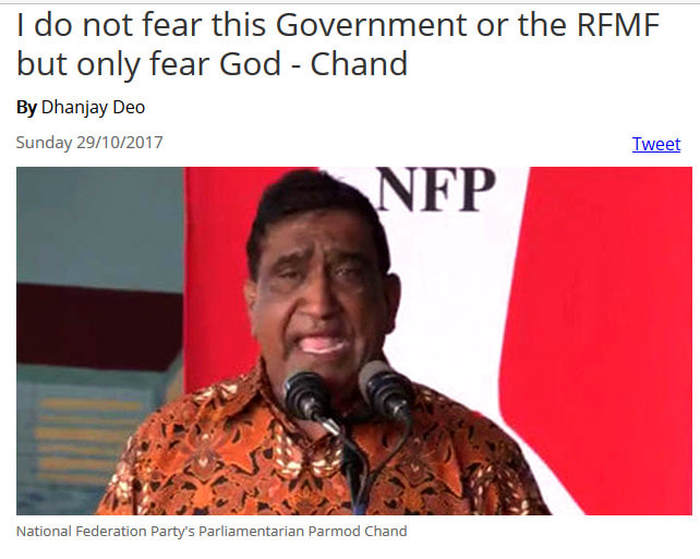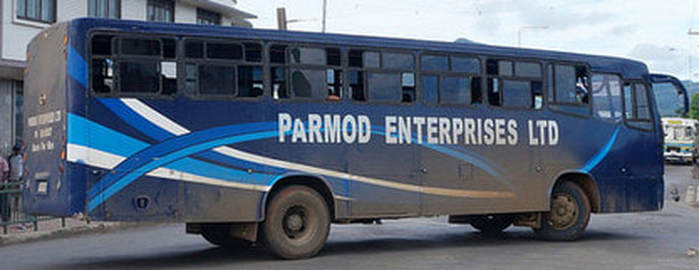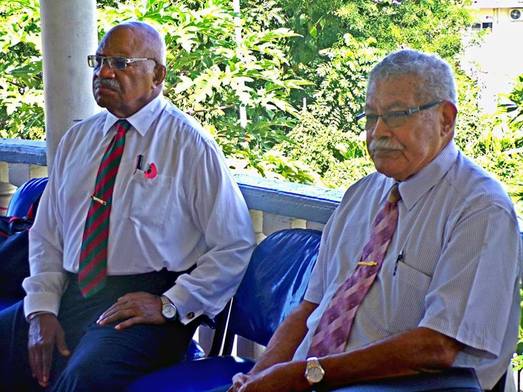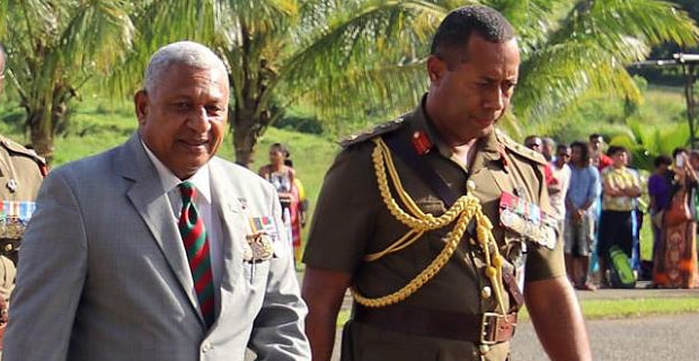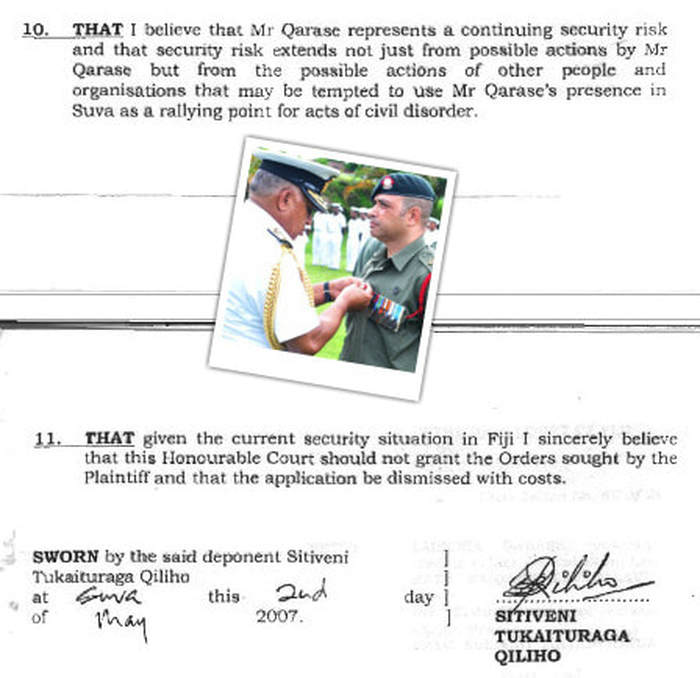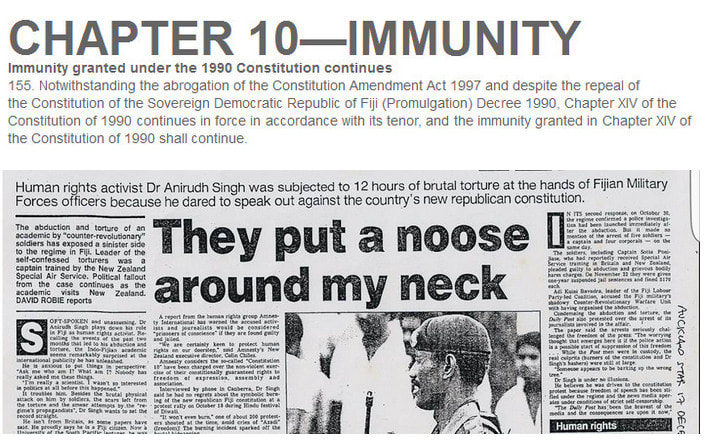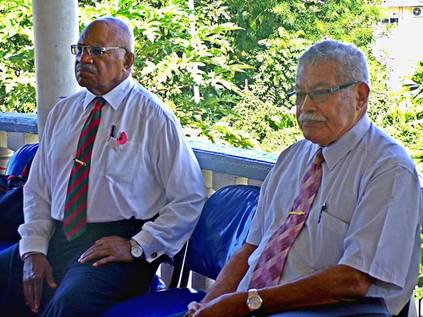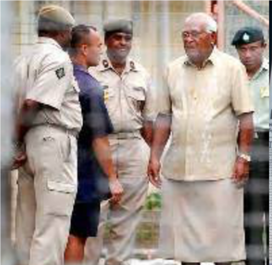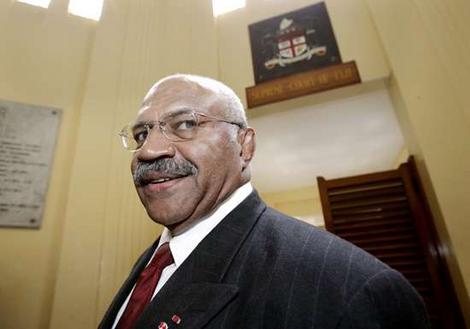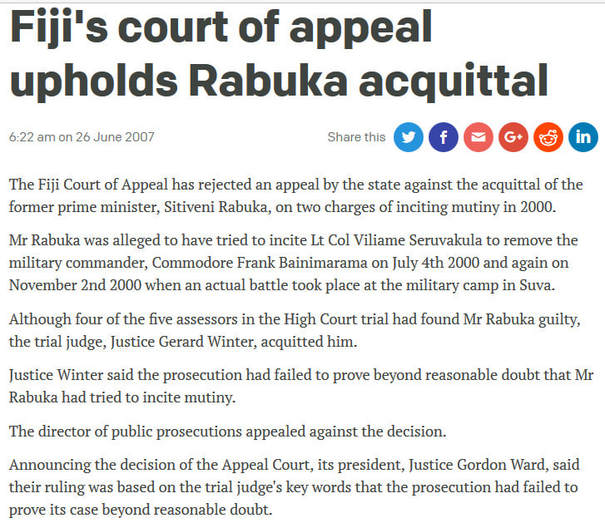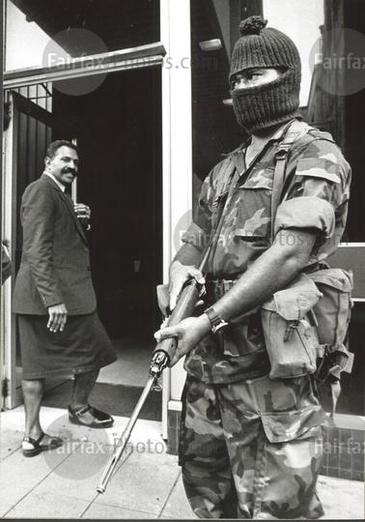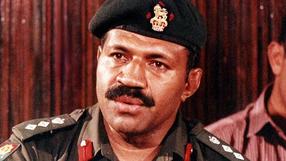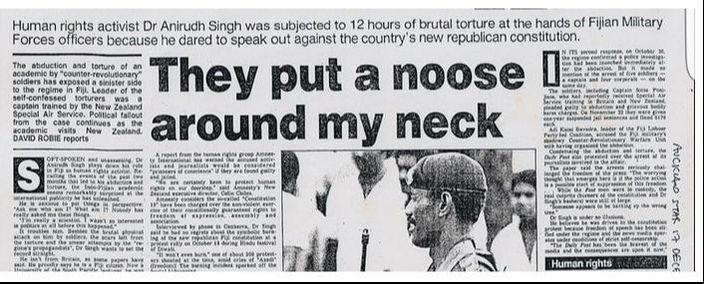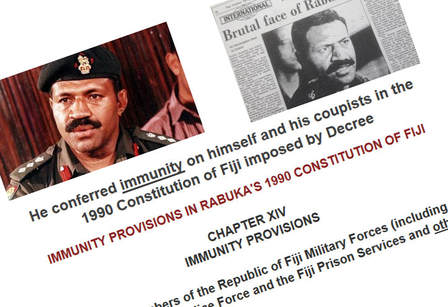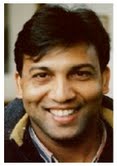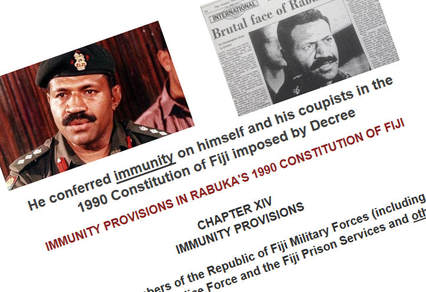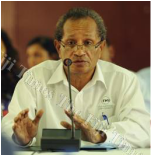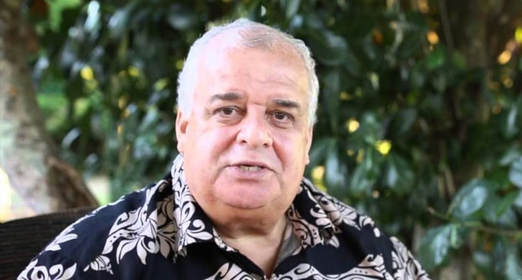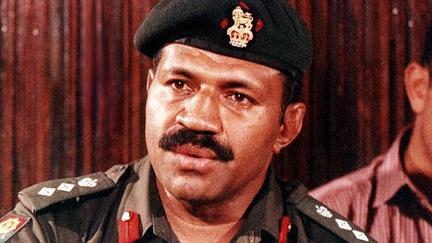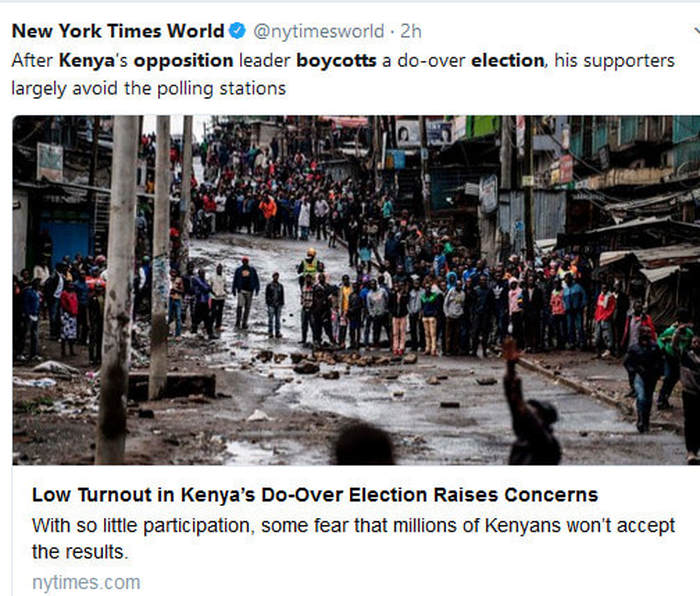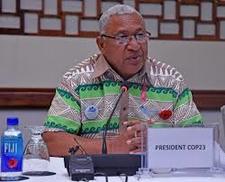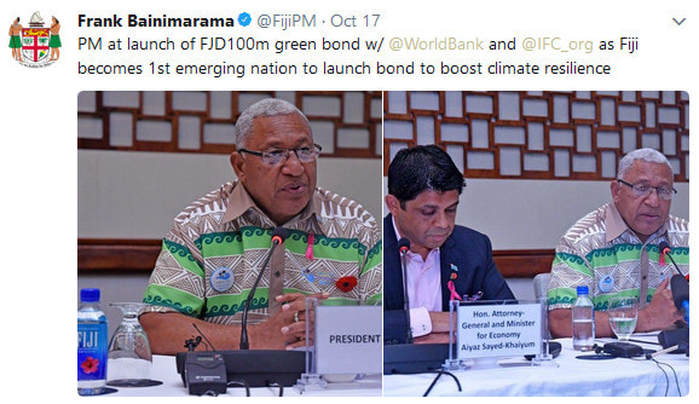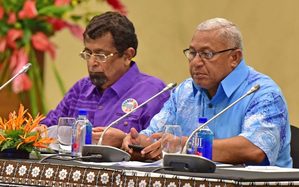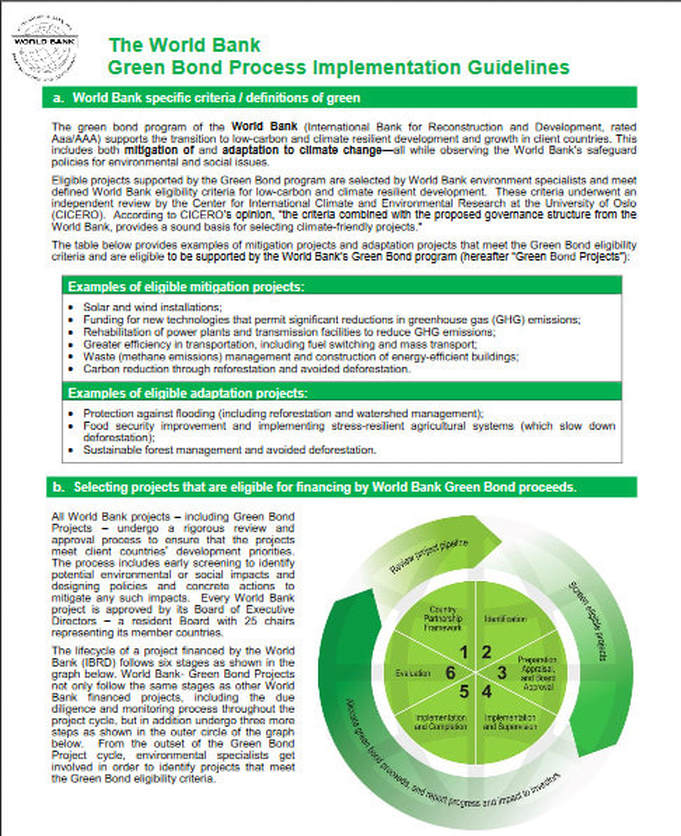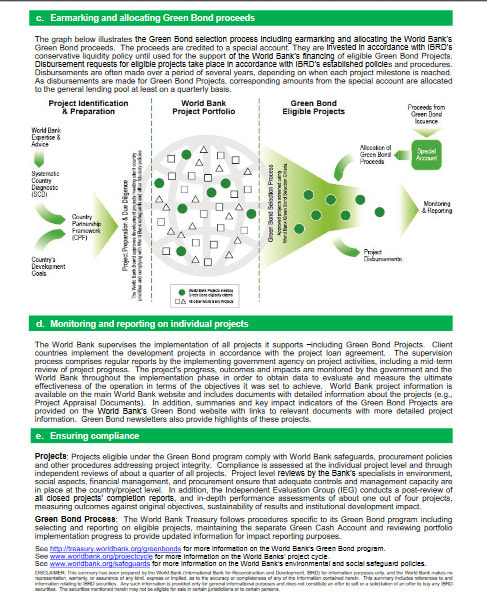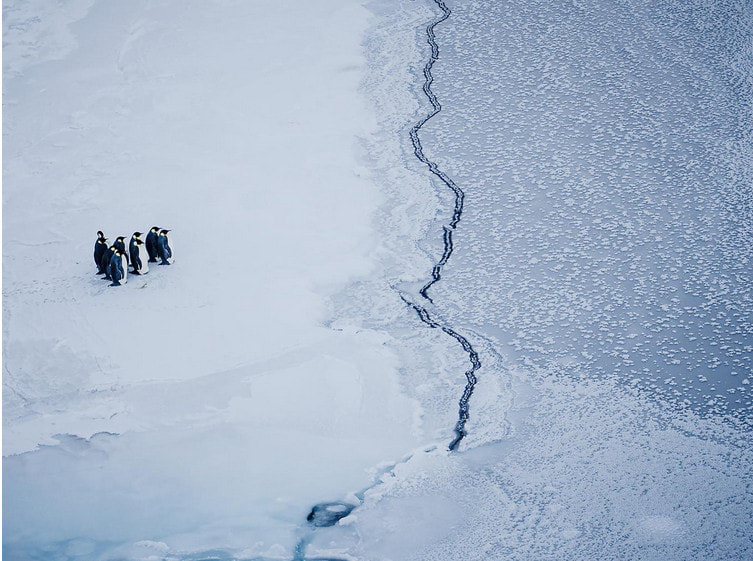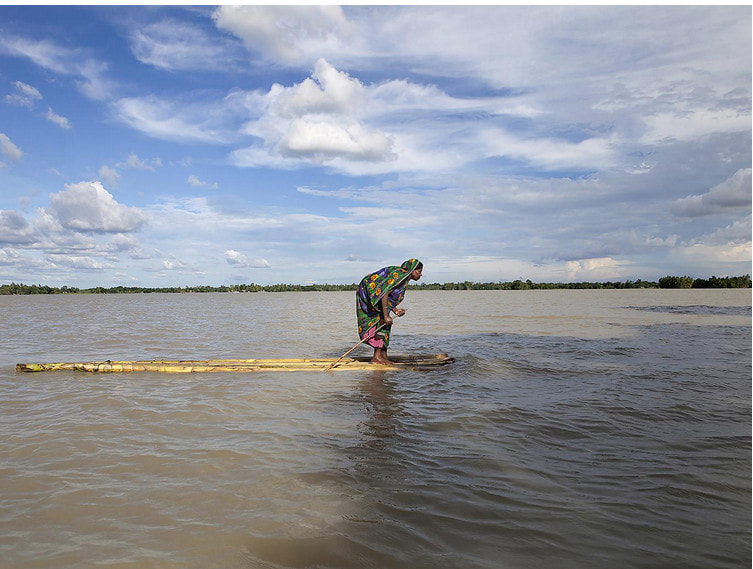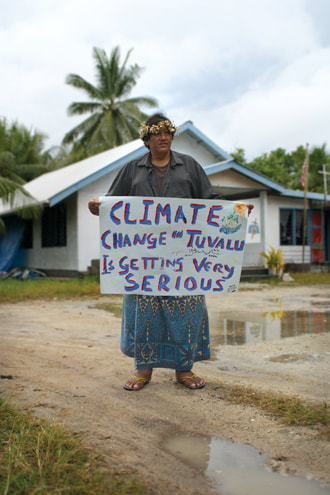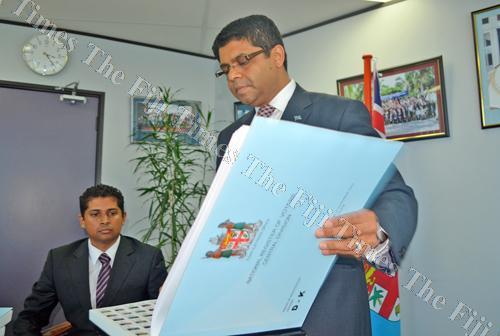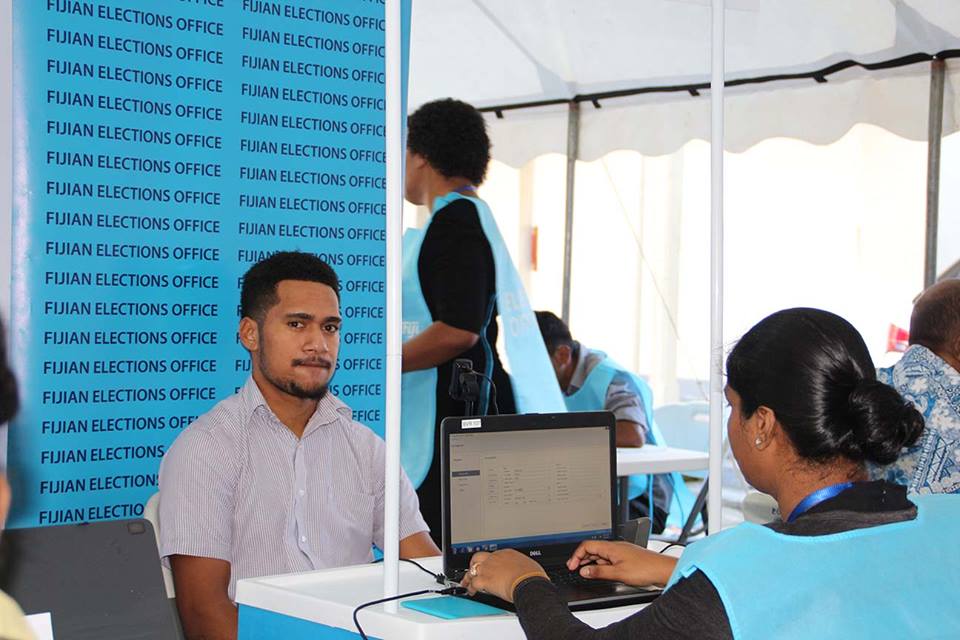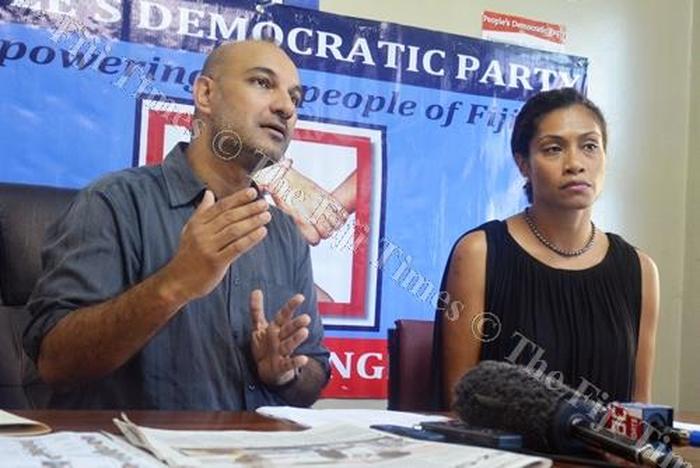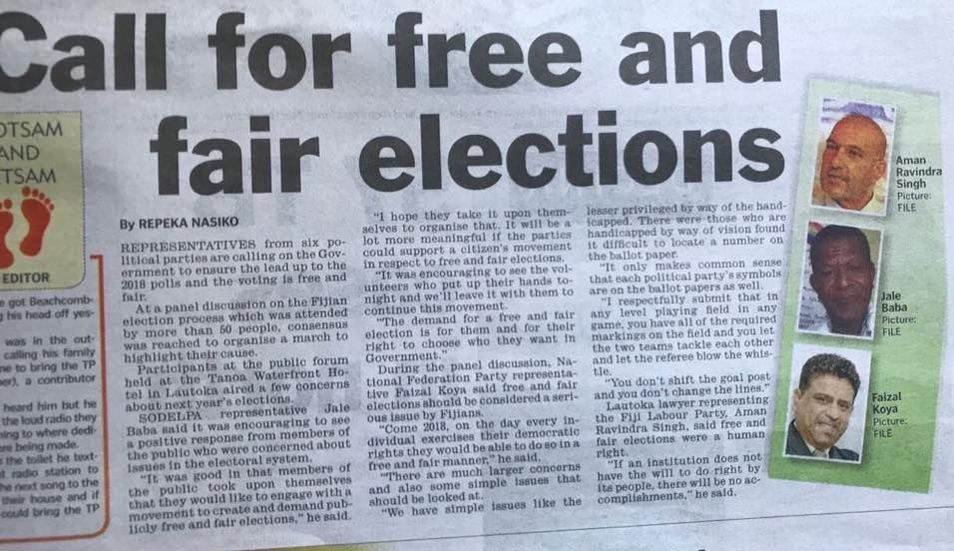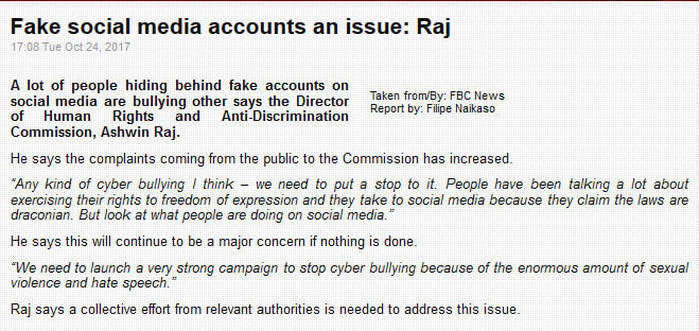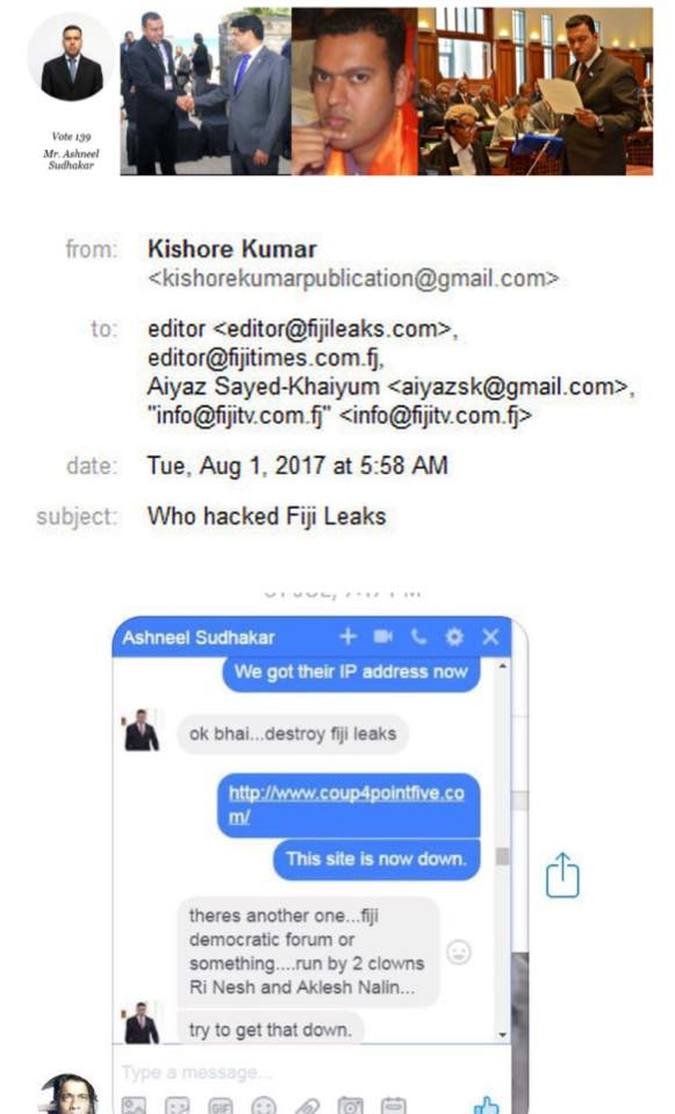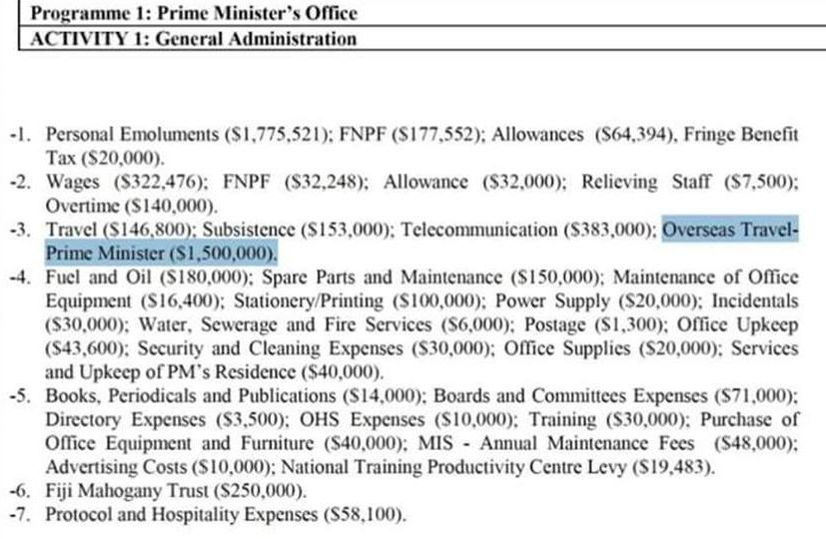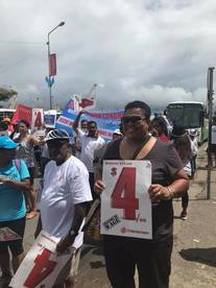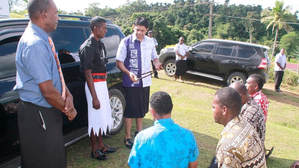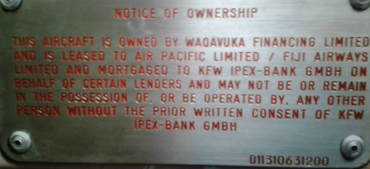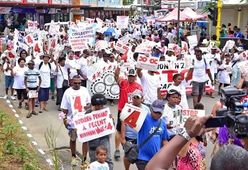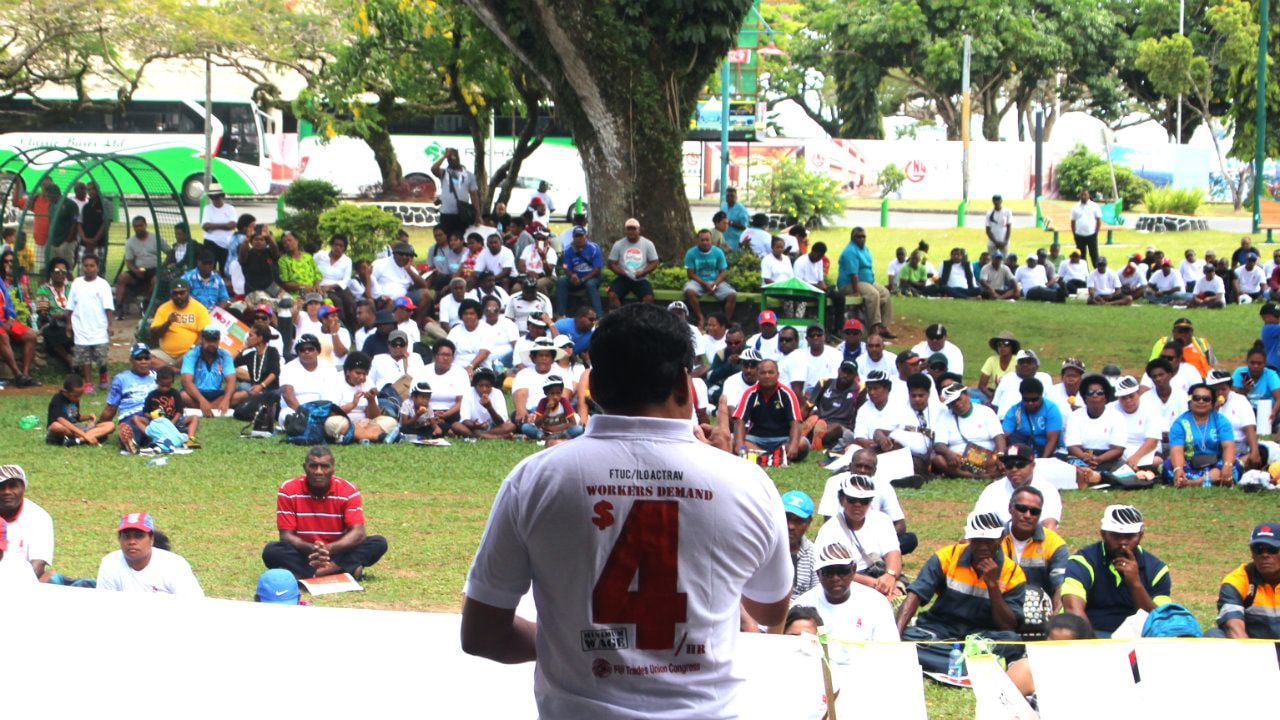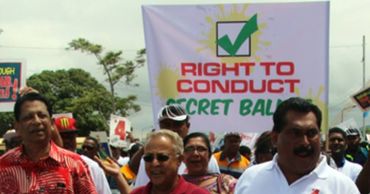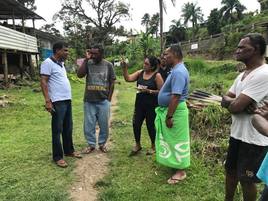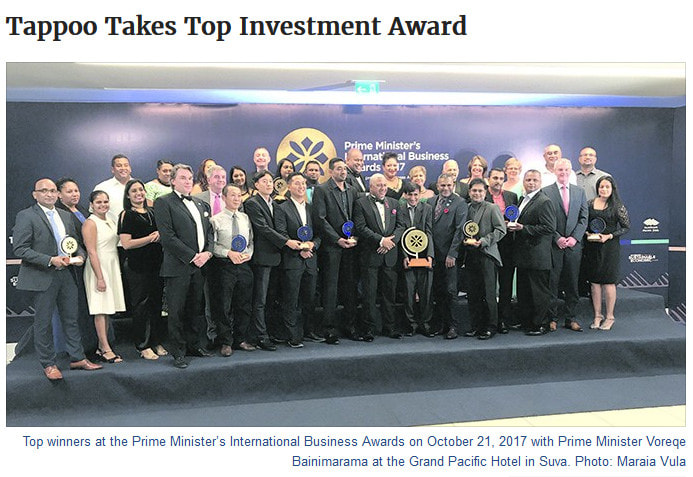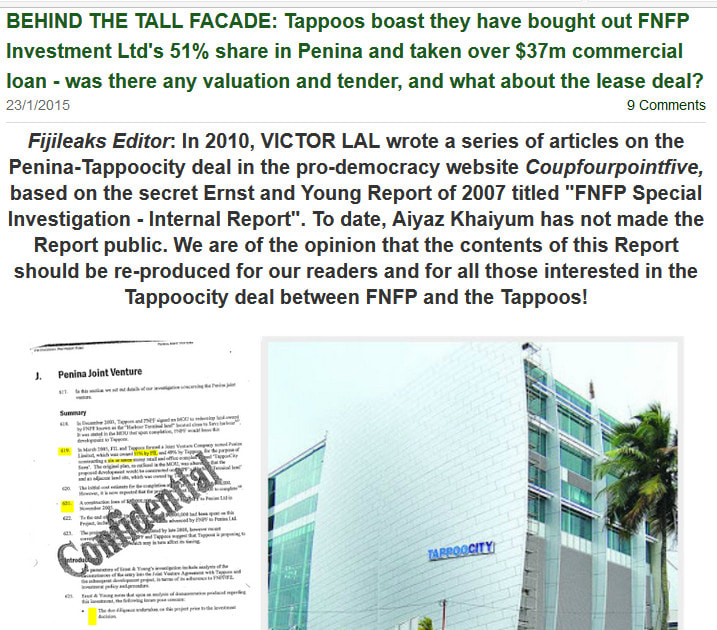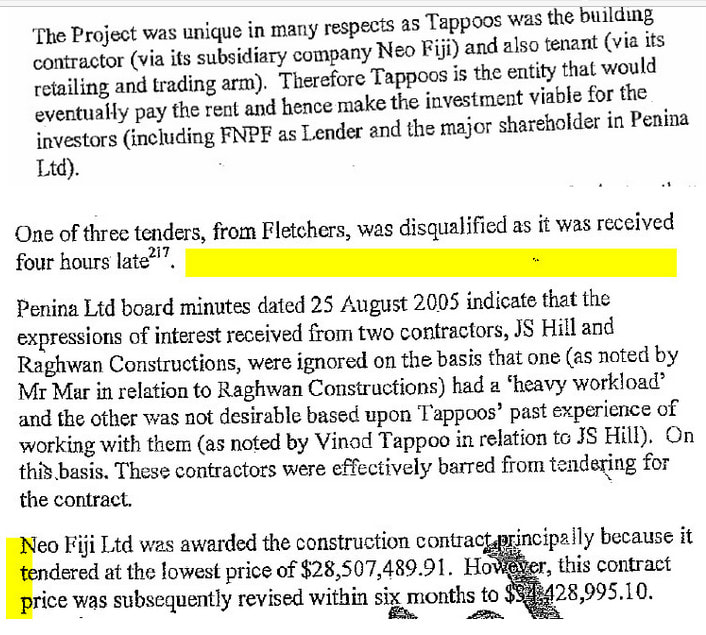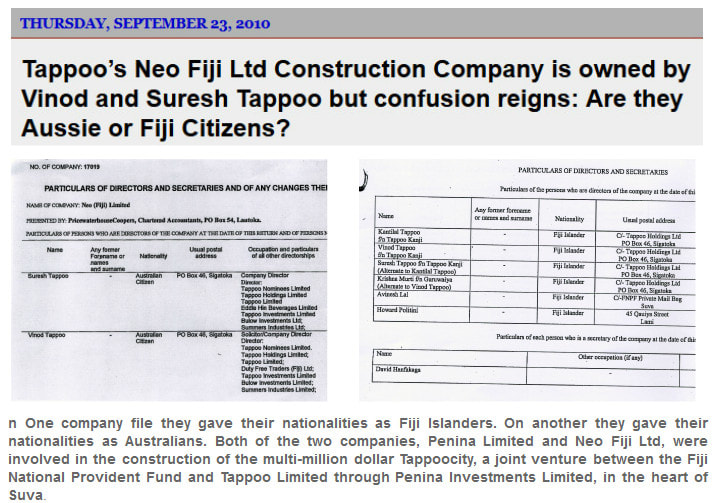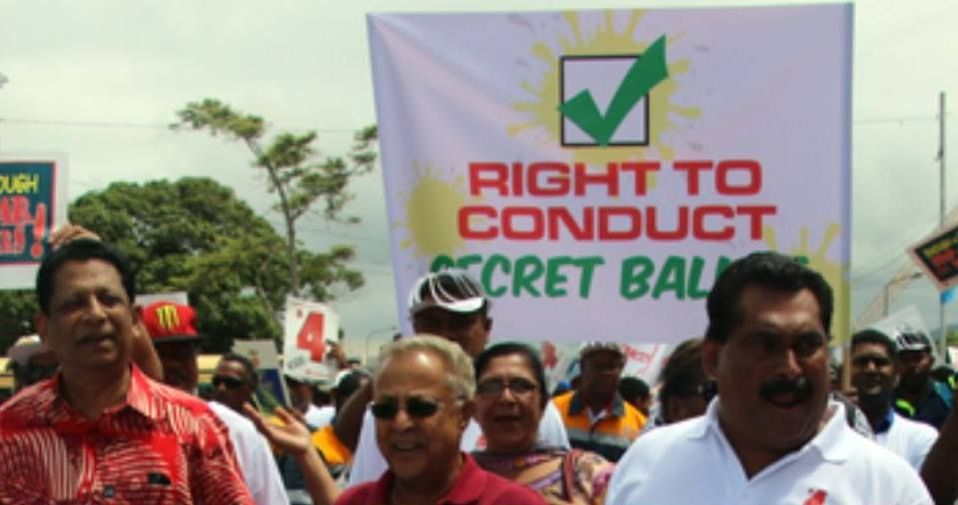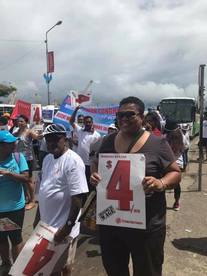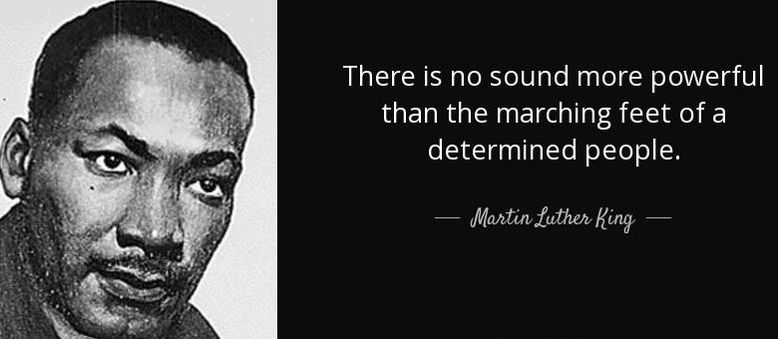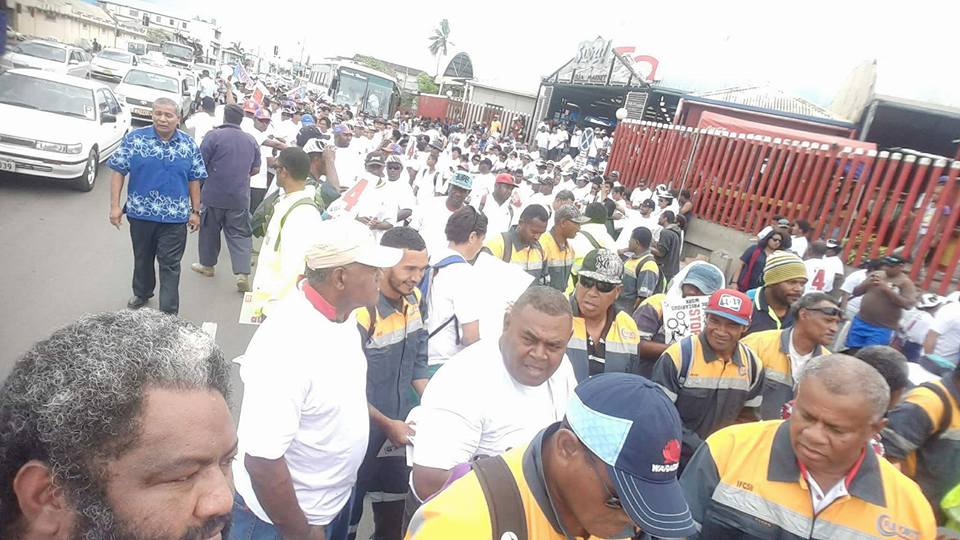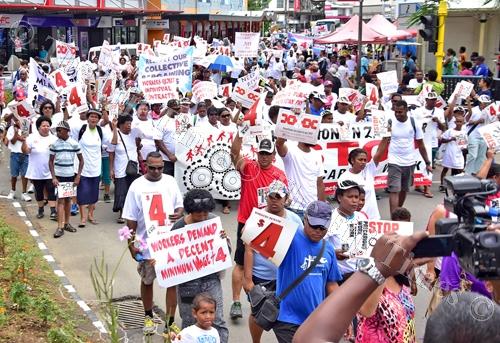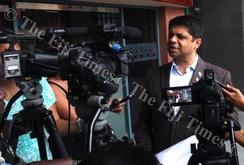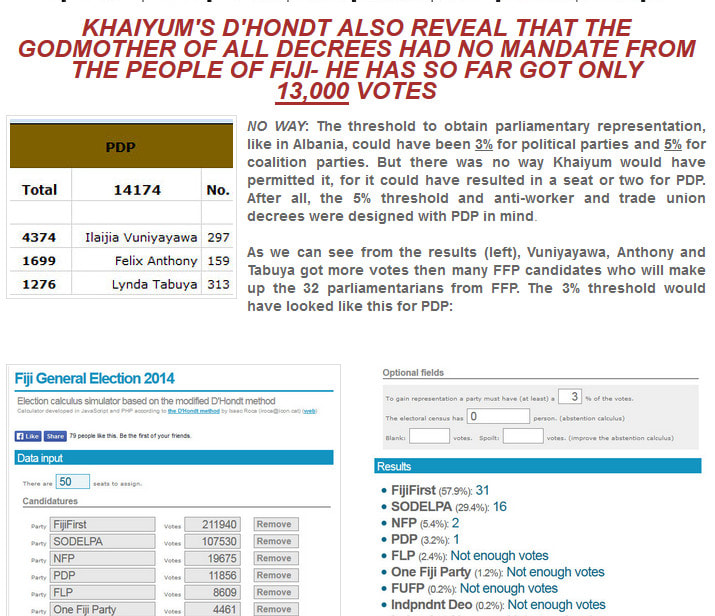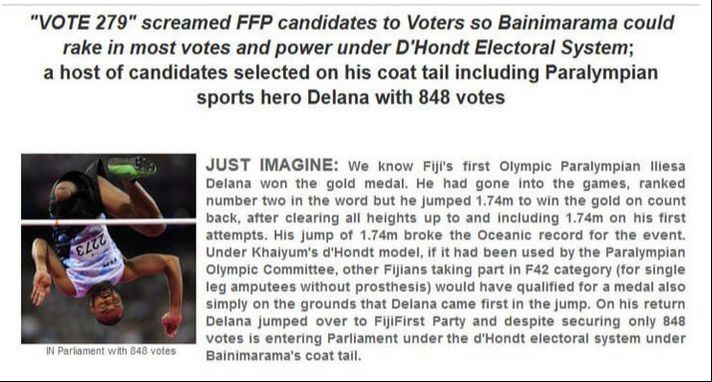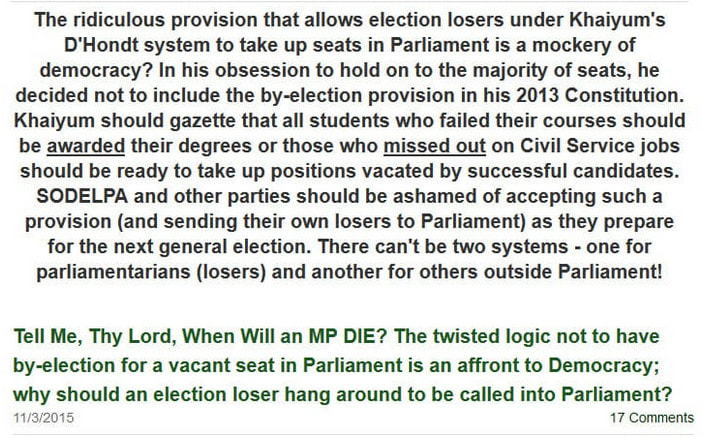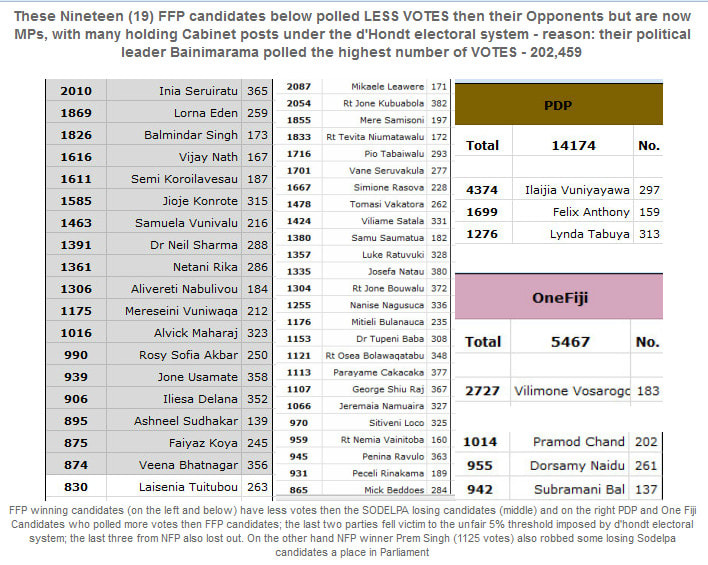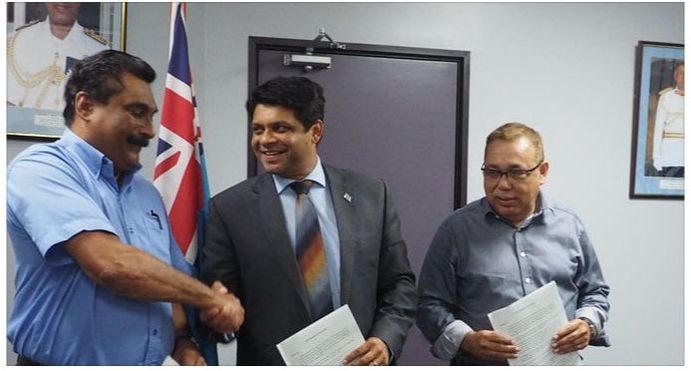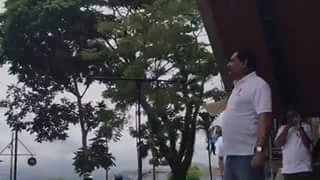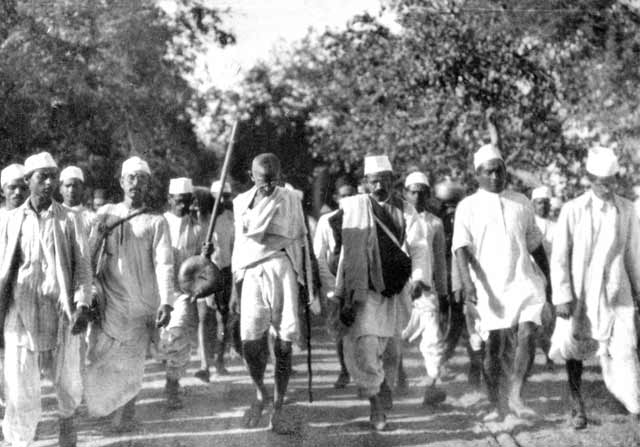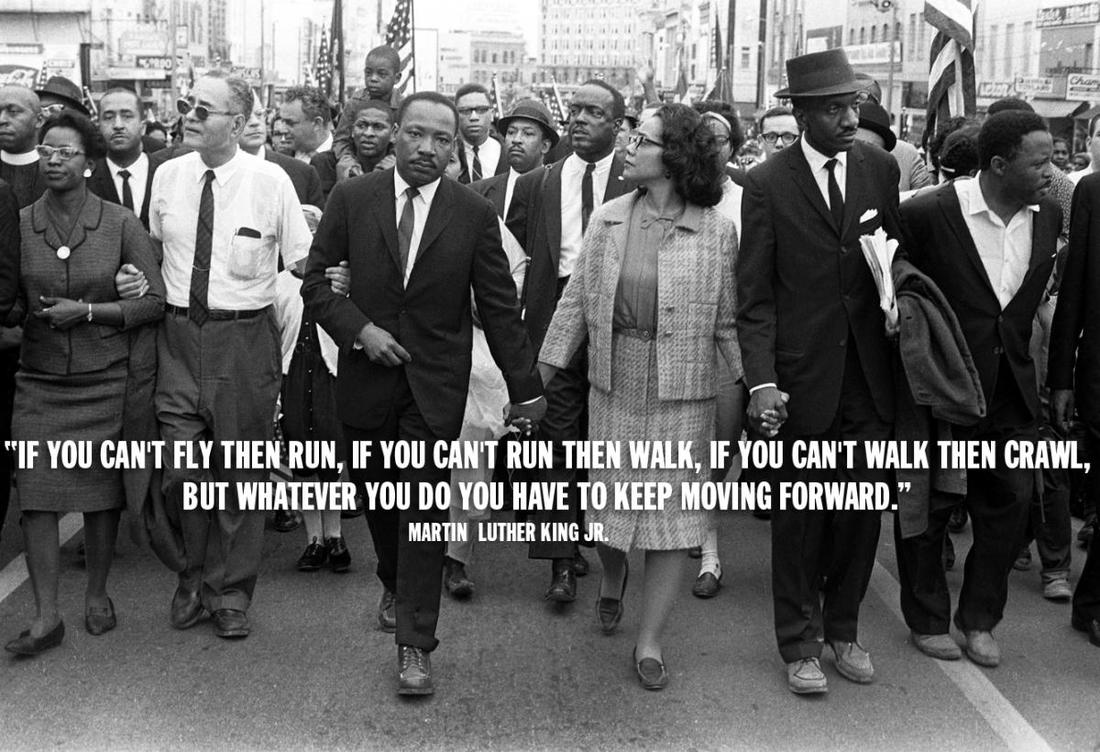Fijileaks: We add another gripe from the reading public. They have accused Fiji Times of trying to fleece money out of them by running one or two sentences from press releases and statements, and calling on the readers to subscribe to Fiji Times E-Edition to read the full article

FLP: Free speech Fiji Style
Why is it that the media will run criticisms of everyone except the Fiji First Government?
Our experience at FLP is that whenever we criticize the government, it is either scrapped from coverage of our statement or so whittled down it loses its impact. Even the Fiji Times which is normally more courageous in providing fair and balanced reports, will usually slash parts of the statement that criticizes the government, its policies or certain ministers.
Case in point: FLP’s statement yesterday on vote buying tactics being employed by certain political parties ahead of the 2018 general elections. Fiji Times gave it a run on page 3 today but left out any mention of tactics at vote buying employed by the Fiji First government.
We mentioned the $1000 cheques that the government has been issuing to thousands of people around the country in the guise of helping finance small businesses. And called on the electoral authorities to investigate these practices.
We pointed out, quite rightly, that there was little transparency in the process and no follow up. It is an abuse of the Government of India funding which, we are certain, is not meant for political purposes.
What, we ask the Fiji Times, is your motive in slashing out criticism directed at the government while only highlighting the reference to NFP MP Parmod Chand’s offer of a free bus service to uniformed Police officers?
It makes for somewhat mischievous reporting because it renders FLP’s statement on this important issue as just political campaign wrangling between two opposition parties in the lead up to the 2018 elections.
The statement was focused on the issue of vote buying as part of the electioneering process. These are clearly vote buying tactics and need to be nipped in the bud. Similar tactics were blatantly employed in the weeks and months preceding the 2014 general elections by the then regime.
We all remember the notorious Agricultural Scam that surfaced just prior to the 2001 general elections. Well, it seems the $1000 cheque-scheme is a revived but somewhat more sophisticated version of the agricultural scam – the hardware merchants are once again the main beneficiaries as the cheques are made out to the various hardware or departmental stores.
Vote buying is an offence under the Electoral Act but despite strong criticism from opposition political parties, no action was taken against such practices in 2014. We now find other political parties resorting to similar tactics to influence voters.
It is a serious issue that must be checked now before it discredits our entire electoral process and becomes a pervasive corrupting influence in our general elections.
We intend to write to the Electoral Commission to investigate such practices as breaches of the Electoral Act.
As for the media, they are doing Fiji a great disservice by refusing to run fair criticisms of the government. How can our people make informed decisions, essential at election times, if they receive only one side of a story and are not exposed to differing viewpoints and critical assessments.
Why is it that the media will run criticisms of everyone except the Fiji First Government?
Our experience at FLP is that whenever we criticize the government, it is either scrapped from coverage of our statement or so whittled down it loses its impact. Even the Fiji Times which is normally more courageous in providing fair and balanced reports, will usually slash parts of the statement that criticizes the government, its policies or certain ministers.
Case in point: FLP’s statement yesterday on vote buying tactics being employed by certain political parties ahead of the 2018 general elections. Fiji Times gave it a run on page 3 today but left out any mention of tactics at vote buying employed by the Fiji First government.
We mentioned the $1000 cheques that the government has been issuing to thousands of people around the country in the guise of helping finance small businesses. And called on the electoral authorities to investigate these practices.
We pointed out, quite rightly, that there was little transparency in the process and no follow up. It is an abuse of the Government of India funding which, we are certain, is not meant for political purposes.
What, we ask the Fiji Times, is your motive in slashing out criticism directed at the government while only highlighting the reference to NFP MP Parmod Chand’s offer of a free bus service to uniformed Police officers?
It makes for somewhat mischievous reporting because it renders FLP’s statement on this important issue as just political campaign wrangling between two opposition parties in the lead up to the 2018 elections.
The statement was focused on the issue of vote buying as part of the electioneering process. These are clearly vote buying tactics and need to be nipped in the bud. Similar tactics were blatantly employed in the weeks and months preceding the 2014 general elections by the then regime.
We all remember the notorious Agricultural Scam that surfaced just prior to the 2001 general elections. Well, it seems the $1000 cheque-scheme is a revived but somewhat more sophisticated version of the agricultural scam – the hardware merchants are once again the main beneficiaries as the cheques are made out to the various hardware or departmental stores.
Vote buying is an offence under the Electoral Act but despite strong criticism from opposition political parties, no action was taken against such practices in 2014. We now find other political parties resorting to similar tactics to influence voters.
It is a serious issue that must be checked now before it discredits our entire electoral process and becomes a pervasive corrupting influence in our general elections.
We intend to write to the Electoral Commission to investigate such practices as breaches of the Electoral Act.
As for the media, they are doing Fiji a great disservice by refusing to run fair criticisms of the government. How can our people make informed decisions, essential at election times, if they receive only one side of a story and are not exposed to differing viewpoints and critical assessments.
